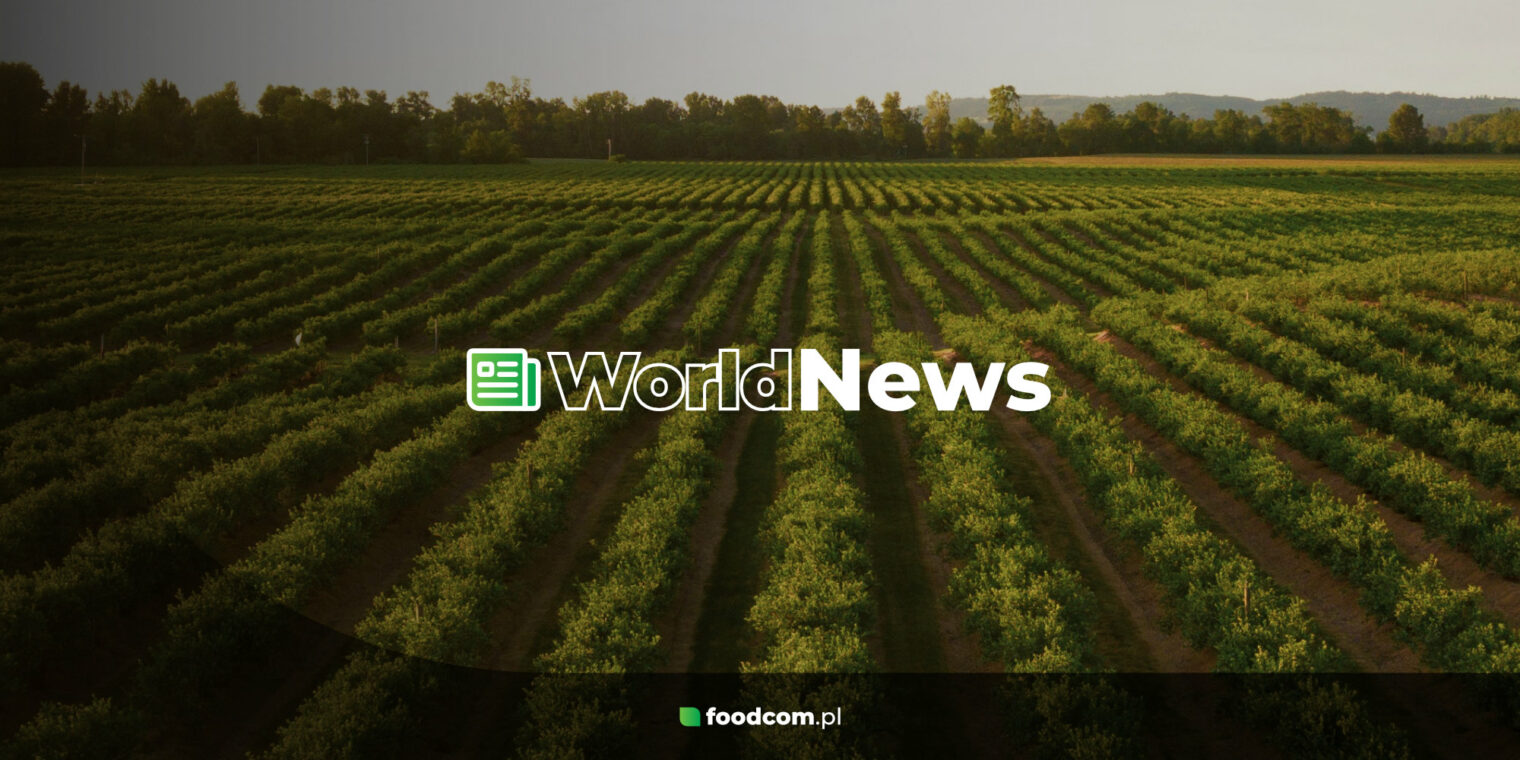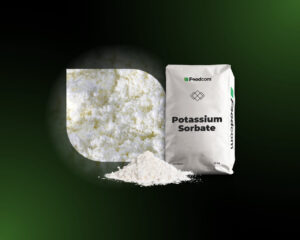● Cybus is editing genes responsible for plant traits that affect crop productivity.
● The company’s latest achievement is to produce oilseed rape seeds with improved efficiency of the trait responsible for nutrient utilisation (NUE).
● Plants with improved NUE will require less fertiliser for the same yield, which will further benefit the environment.
Cibus’ track record in gene editing to increase crop productivity
Cibus Inc. is a company known globally for its innovation. The corporation participates in the breeding programmes of seed companies, providing them with seeds with improved genetic traits. This could be increased resistance to drought, high or low temperatures, pests, weeds or diseases. Precise gene editing allows these traits to be improved, increasing crop productivity and reducing costs. Cibus uses its patented RTDS ( Rapid Trait Development System) technology for this purpose. The company boasts two already developed complex traits – herbicide tolerance in rice and grey mould reduction in oilseed rape.
The latest achievement Cibus Inc. has achieved with Calyxt is the successful genetic modification of a trait responsible for nutrient use efficiency(NUE) in oilseed rape seeds. The next step is to test the newly modified plants in a controlled environment and under field conditions. If the tests are successful, this could be a milestone in the first gene editing for such a complex trait in a major crop in North America. Other crops that Cibus is working on after the merger with Calyxt include rice, potatoes, peanuts, flax, sugar beet, cassava and wheat, and soon soybeans.
What is the importance of increasing nutrient use by plants?
The use of fertilisers plays an important role in today’s agriculture, accelerating plant growth, increasing yields and protecting plants from disease. However, a global problem is the excessive and inefficient use of fertilisers, which generates high costs for agriculture, pollutes the environment and contributes to greenhouse gas emissions. Currently, only one-third of the nitrogen fertiliser used is absorbed by the plant, and 3% of globalCO2 emissions are linked to the use of nitrogen fertiliser. One way to counter this is to increase the efficiency of nutrient use by plants. This would increase the efficiency of fertilisers and reduce the amount of fertiliser applied, while maintaining or even increasing crop yields. An additional advantage would be the positive impact on the environment: air, water and soil quality.






![Paraguayan soybean farmers caught in the crossfire of global trade tensions [World News] Paraguayan soybean farmers caught in the crossfire of global trade tensions [World News]](https://foodcom.pl/wp-content/uploads/2025/03/News-world_9-600x300.png)


